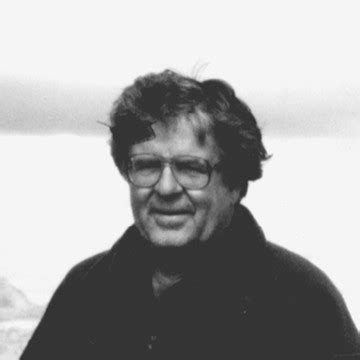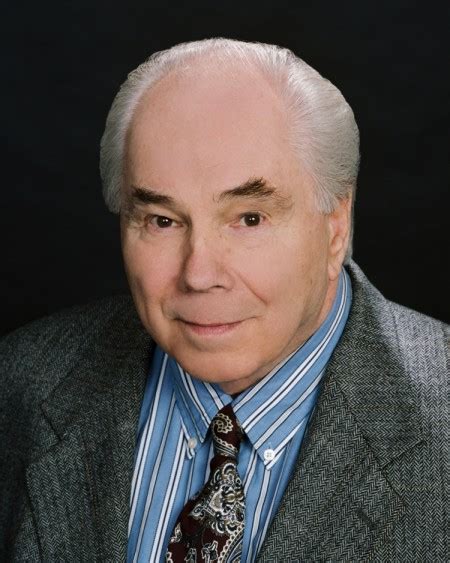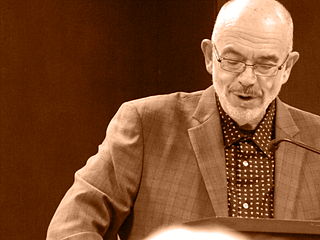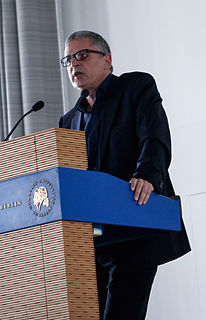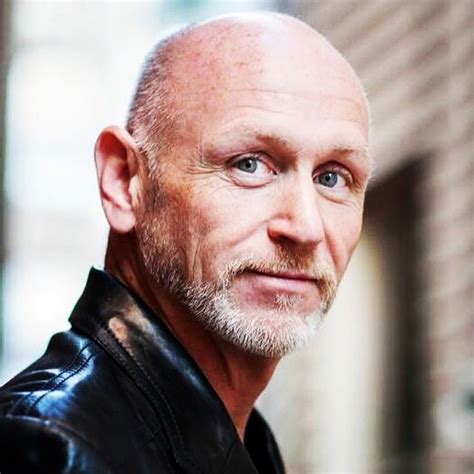A Quote by William Kittredge
We continually use stories to hold up as mirrors to ourselves.
Related Quotes
Yet again, an ancient answer echoes across the centuries: Listen! Listen to stories! For what stories do, above all else, is hold up a mirror so that we can see ourselves. Stories are mirrors of human be-ing, reflecting back our very essence. In a story, we come to know precisely the both/and, mixed-upped-ness of our very being. In the mirror of another's story, we can discover our tragedy and our comedy-and therefore our very human-ness, the ambiguity and incongruity, that lie at the core of the human condition.
I don't necessarily think stories have functions any more than diamonds have functions, or the sky has a function... Stories exist. They keep us sane, I think. We tell each other stories, we believe stories. I love watching the slow rise of the urban legend. They're the stories that we use to explain ourselves to ourselves.
I feel like in the reading I did when I was growing up, and also in the way that people talk and tell stories here in the South, they use a lot of figurative language. The stories that I heard when I was growing up, and the stories that I read, taught me to use the kind of language that I do. It's hard for me to work against that when I am writing.
Commitment to the truth...means a relentless willingness to root out the ways we limit or deceive ourselves from seeing what is, and to continually challenge our theories of why things are the way they are. It means continually broadening our awareness. It also means continually deepening our understanding of the structures underlying current events.
